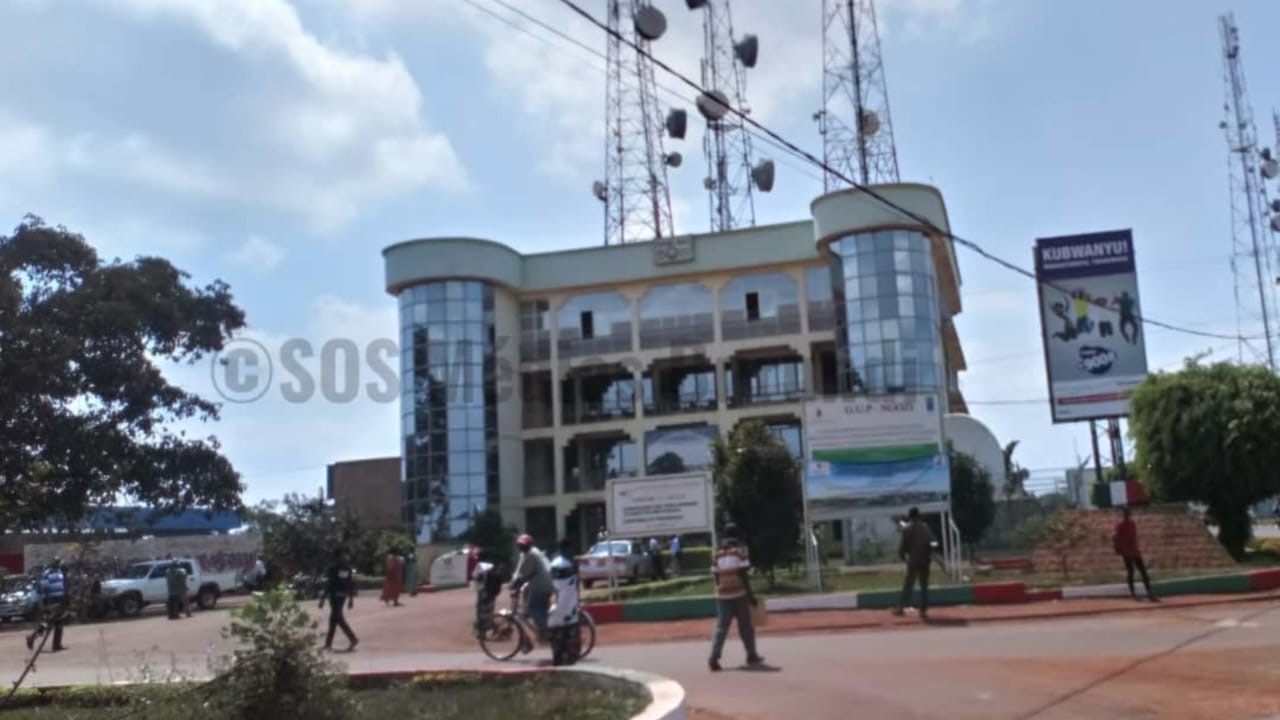Skyrocketing rents in Burundi’s major cities : a silent crisis strangling households

SOS Médias Burundi
Bujumbura, April 29, 2025 – Since last year, house rents in Burundi’s major cities, including Bujumbura, Gitega, and Ngozi, have seen a dramatic increase, sometimes doubling in the space of a few months. This price surge, linked to several economic factors, has terrible consequences for urban households, already weakened by a difficult economic climate.
Rent rise worries city dwellers
In Bujumbura, the commercial capital, the situation is particularly worrying. Many tenants, already facing soaring inflation, find themselves unable to cope with these steep increases. Mathias Girubuntu, a resident of the Nyakabiga zone in Mukaza district, testifies :
« My rent went from 200,000 Burundi francs to 400,000 in less than a year, without any housing improvements. » This type of increase has become common and has sparked a wave of discontent among residents.
In Gitega, the political capital, difficulties are similar. Landlords now require advance payments of six months to a year, making housing even more difficult for low-income families.
The high cost of living : a daily burden for Burundians
This surge in rents is part of a broader context of high living costs that affects all sectors of daily life. The cost of food has risen considerably, particularly for basic necessities such as rice, sugar, and cooking oil. In February 2025, the price of rice increased by 20% compared to the previous year, according to market observer reports.
Public transportation, which remains the preferred means of transportation for a large majority of the population, has also seen its prices increase significantly due to rising fuel costs. Furthermore, the continued depreciation of the Burundian franc against the US dollar (which lost 38.28% of its value in January 2024) has increased pressure on households, especially those dependent on imported goods.
In this context, many families are forced to drastically reduce their spending, sometimes depriving themselves of certain essential needs to cope with rising rents.
Factors behind the surge in rents
This rise in rents is fueled by a combination of complex economic factors. First, the depreciation of the Burundian franc, which lost 38.28% of its value against the US dollar in January 2024, has led to a significant increase in the cost of imported goods, including building materials. This situation has also exacerbated the housing supply crisis, as many landlords are passing on the increased costs to their tenants.
The cost of building materials increased by 1.6% in January 2024, according to the National Institute of Statistics (ISTEEBU), making housing maintenance and renovation more difficult. Added to this is a fuel shortage, which is disrupting the transportation of materials and increasing logistics costs, directly impacting the construction sector.
An inadequate regulatory framework
The rental market in Burundi suffers from a lack of specific regulations governing landlord-tenant relations. Although the Civil Code contains general provisions on rentals, their application remains limited. This legal vacuum allows for abusive practices by some landlords, without providing tenants with effective protection.
Towards government intervention
Faced with this increasingly pressing crisis, the Burundian government announced in March 2025 the creation of a rental market regulatory body. This body will be tasked with supervising the real estate market and limiting excessive rent increases, thus offering some hope of regulation and protection for tenants. However, the effective implementation of this initiative remains to be seen, and many questions remain regarding its short- and long-term effectiveness.
The surge in rents in Burundi’s urban centers is the result of a combination of adverse economic factors and a weak regulatory framework. Urban households, particularly the most vulnerable, find themselves in an increasingly precarious situation. Swift and effective action by the authorities is essential to stem this crisis and ensure access to decent housing for all. Regulation of the rental market, combined with support for the most vulnerable households, could be the key to overcoming this silent crisis that is severely impacting the daily lives of many Burundians.

